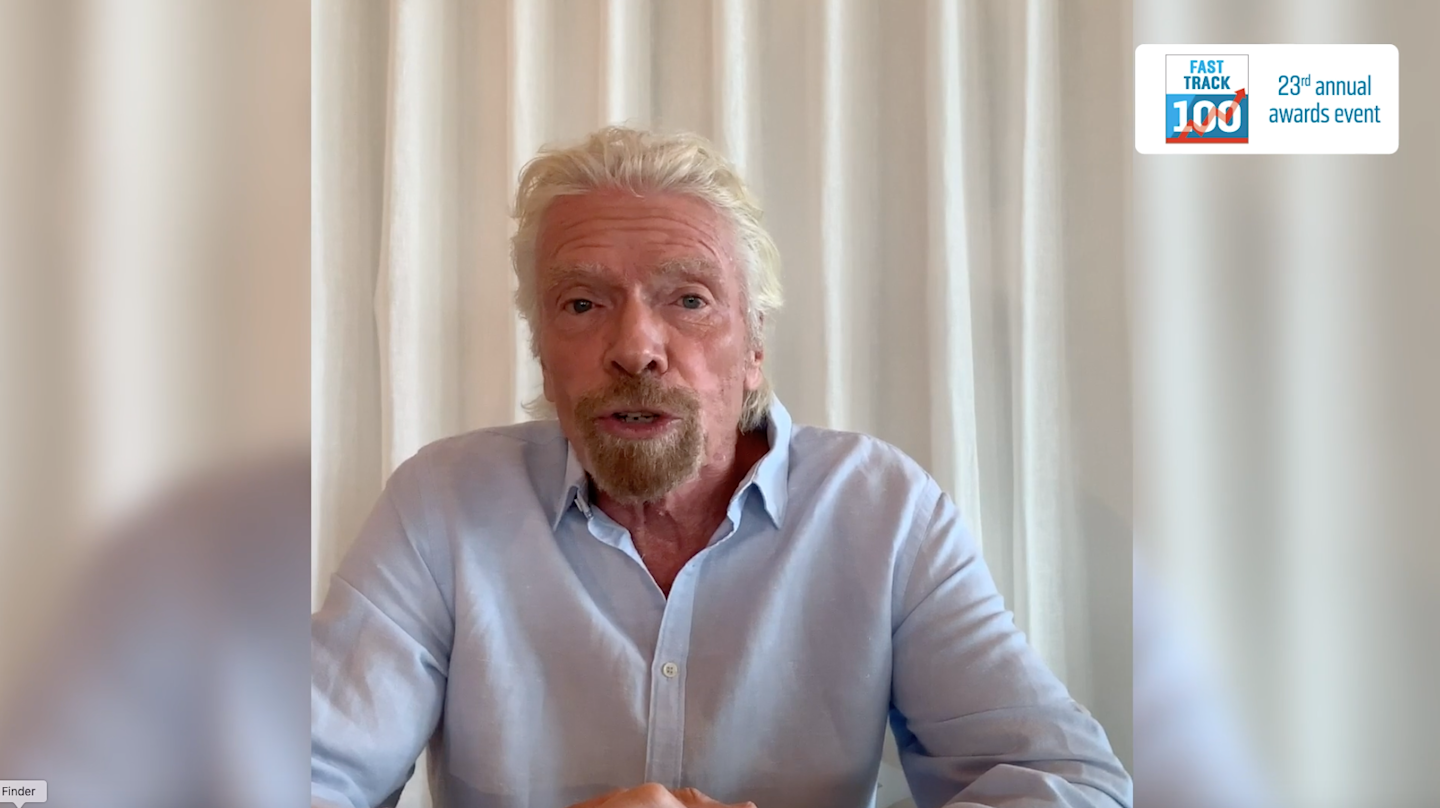My top three strategies for dyslexic children
I recently received a lovely letter from a teacher who told me about his personal struggles with dyslexia. Jonathan Farmer said when he was labelled with dyslexia as a child there was little understanding about the condition and very little desire to do anything to support him.
I can really empathise with his experience – I was labelled lazy and dumb because the blackboard looked like a jumble to me.
Thankfully, the world is waking up to the fact that dyslexia is just an alternative way of thinking that, with the right support, does not have to hold children back.
Jonathan Farmer is in a wonderful position where he works at Dalriada School in Northern Ireland to really make a difference to the next generation of children and it’s great to see these issues are at the front of his mind.
In his letter, Jonathan (or Mr Farmer to the kids reading this!) asked me what strategies or words of encouragement I would give to any child with any learning difficulties.
I’ve been thinking a lot about this, and what would have helped me when I was younger, and here are my three tips:
1. Find your passions and pursue them doggedly. Everyone has something valuable to bring to the table. Think about what you enjoy and what you’re good at, and how you could turn this into something bigger. If you’re not even sure what you enjoy, it’s a good excuse to start a new hobby or start trying new things. Set yourself a challenge to do one new thing a week, or a month. Smashing those little goals will make you feel proud and you’ll find things you love in the process. I wasn’t sure what I wanted to do when I was younger but I’ve always had an entrepreneurial streak – I tried selling Christmas trees and even budgies (my mum wasn’t quite so keen on that one) before I realised I wanted to advocate on behalf of other students and tell amazing stories, so I left school and started Student magazine, which turned into Virgin Records.
2. Do your best. Your best is always good enough and the only person you should be comparing yourself to is yourself. Always aim to beat your own personal best and to keep progressing. We are all good at different things and this should be celebrated. It’s easy to feel worthless when everyone around you is getting better scores on tests, or if you’re really struggling and not getting any better. Have patience with yourself, and know that your value does not lie in test scores. Exams don't measure skills like reasoning, exploring, communicating and positively influencing - essential skills that the world needs. Everyone has the potential to achieve great and very different things. Work hard and do the best you can. You should never see being different as a flaw or think that something is wrong with you. Being different is your biggest asset and will help you succeed. My dyslexia has given me a massive advantage in life. It has helped me to think creatively and laterally, and to simplify things, which has been a huge asset when building our Virgin businesses.
3. Don’t be afraid to ask for help. It took starting a business for me to realise how important it is to ask for help. We all have different strengths and we should work together to bring these out in each other. I knew I was rubbish at maths, so I made sure I had someone to help me to do the accounts. I wish this was a lesson I had learned a lot earlier. There is a lot more support available now then there was when I was at school – make the most of it! If you need extra support or you’re struggling to understand a concept, make sure you ask your teacher. I would bury my head in the sand and just try and get through to the next class, but this isn’t what you do in real life. You can’t ignore your problems, you have to face up to them, deal with them and move on. There is an answer to every problem.
I hope these tips help you overcome any problems you are having and to focus on what matters. Dyslexia is just a different, creative way of thinking and many children with dyslexia have gone on to achieve great things.
If you’re a teacher or parent and you’re wondering how you can find out more about dyslexia and how best to support someone, head over to Made By Dyslexia (or go and chat to Mr Farmer!).
Keep smiling kids, attitude is everything. You can accomplish anything you set your mind to – don’t ever believe anyone who tells you otherwise.
Good luck to you all for the future,
Richard Branson





